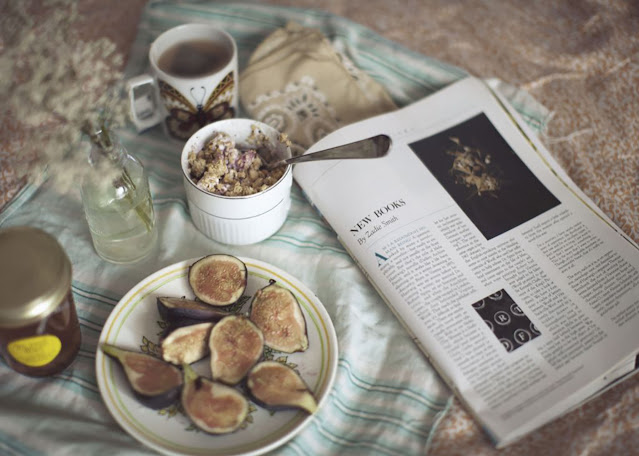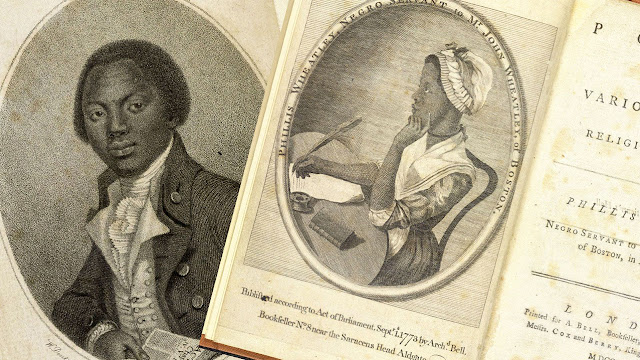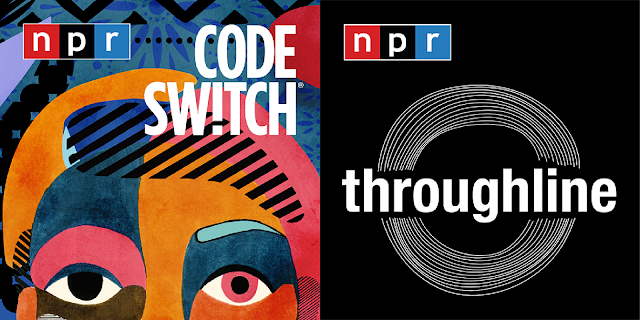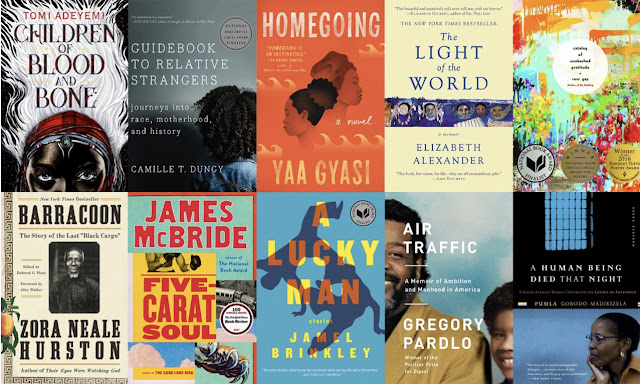We’ve all heard the expression, “you are what you eat.” The idea behind it is that what we put into our bodies affects the health of our bodies. We’ll be healthier if we eat a healthy, well-balanced diet. But I think that can be extended to our reading diet as well. What we put into our minds by reading affects how we think. Thus, “you are what you read,” far more than we may realize. If we’re wise, we’ll cultivate a balanced reading diet.
 |
| Three feasts in one: visual, gustatory, and literary! (photo still life by Juliette Tang, via Food52) |
How we understand the world
Our teachers and families may have taught us that balanced nutrition keeps us healthy. Whether we actually eat a balanced diet or not, we’ve probably heard of the concept. But, a balanced reading diet? What would that even look like?
For this discussion, I won’t debate whether listening counts as “reading.” Audiobooks and podcasts? Ebooks and online materials? Print books and publications? Different delivery mechanisms, but they all deliver ideas. Same goes for fiction and nonfiction. They simply are different ways to transmit ideas.
Verbal communication evolved for survival reasons. Humans navigate our world better when we understand it (or think we do). Because of our experiences and influences, we accept some ideas, and reject others as unhelpful. The ideas we keep and use guide us when something new happens. They determine how we understand the world.
What’s in your reading diet?
For me, a balanced reading diet consists of some nonfiction and some fiction. Some of my reading/listening focuses on contemporary issues and news. Other reading/listening is more timeless. And a lot of it, because of the culture in which I live, reflects a white-dominant perspective. I have to make a special effort to find other perspectives.
 |
| Portrait engravings of Olaudah Equiano and Phillis Wheatley from 18th-century editions of their books. (British Library) |
That’s why I think it’s important to talk about this during Black History Month. Because for a white person like me, it’s all too easy to get caught in a dominant-group-exclusive perspective. It’s way too easy to ignore other’s experiences.
But white people who cocoon themselves in a “white-perspective-only” bubble render themselves clueless and unfit to influence community affairs. Ignorance leads to dangerous blind spots. Demographic shifts place white people in a majority group that’s dwindling. The privilege many of us take for granted today—and defend with savagery, in some cases—cannot last.
Why do we need a balanced reading diet?
My sister spotlighted some pitfalls of a whites-only perspective in her post last week. Her “tale of two histories” gave a vivid glimpse of why separate is not equal. Nor is it balanced. Nor respectful. And certainly not wise.
People from minority groups have no choice but to pay attention to others’ ideas, needs, and priorities. If white people don’t develop a wider understanding of the world, we’ll have a far harder transition when we become part of a “majority minority” nation.
Long before that happens, we need to wise up and start rebalancing our inputs. Granted, a minority of white people—and seemingly a majority of one major political party—have embraced a leader linked to white supremacy. They have committed themselves to the “white bubble.” That doesn’t mean the rest of us have to. Or should.
 |
| (uncredited photo via BuddyMantra) |
A balanced reading diet prepares us for the future
If we want to prepare ourselves to help create and participate in a more equitable world, we have work to do. We need to learn about white privilege, if that’s a new concept. For those who’ve lived in the “white bubble,” we have to practice before we can perceive the privilege that surrounds us. We also need a willingness to understand how our privilege actually hurts all of us—yes, even those who enjoy the privilege.
We need to ground ourselves in non-white experiences, to keep our thinking lives balanced. Learn about microaggressions, and why their relentless barrage is so destructive. One of my teaching classes included a book titled We Can’t Teach What we Don’t Know. We can’t teach, and we can’t live, in more adaptive ways without broader understanding.
Why seek a broader understanding? We owe it to ourselves, if we value the ideals of a resilient democracy. We’re at a crossroads. Unless we work with other Americans to build a national identity that embraces diversity, we’ll limp into the future diminished and wounded by internal strife.
Recipe for a balanced reading diet
If you want to build a balanced reading diet, I’d recommend several things, but first a guiding principle: just as a balanced diet incorporates a variety of foods, a variety of information sources build a balanced reading diet.
 |
| Two great podcasts from NPR, Code Switch focuses on culture and current events, while Throughline offers insights from lesser-known history. (Logos via NPR podcast listings) |
News and commentary
Study up on antiracism, especially if you’re not sure about claims that white people enjoy a privileged status, or why that might be a problem. Authors who are persons of color can speak from a place of authority on this topic. Podcasts I’d particularly recommend: Code Switch and Throughline, both from NPR.
If you’re lucky enough to have a local newspaper—or at least a broadcast station that covers local news—listen to it or read and support it. Local media keep local governments and other centers of power more accountable.
Likewise, get your national and international news from a variety of well-regarded sources. Include at least one national newspaper, and a news source from a foreign country, such as Reuters or Al Jazeera. Don’t rely on just one source for everything! And make sure you can distinguish straight news from opinion.
 |
| TED speakers offered their recommendations for 62 great books by Black authors. (TED Ideas) |
Don’t neglect fiction
Both nonfiction and fiction offer new windows on the world. Fiction is arguably one of our earliest forms of meaning-making, so don’t dismiss it as useless and frivolous. It is primal. (And, serious novels aside, sometimes we urgently need frivolity in our lives. Fiction has you covered there, too!)
Seek out authors from a variety of backgrounds. As influential novels of the past have shown, sometimes the best way to explore an idea is to wrap it in a riveting story.
That’s my recipe. What do you think? Do you have a balanced reading diet? Please comment below! What’s on your “must-read” list?
 |
| A classic quote from Mary Shelley’s father, William Godwin. (GladReaders) |
IMAGE SOURCES:
Many thanks to CASSIEM and Food52, for the photo still life by Juliette Tang, as well as an enjoyable article and several more photos by Tang. I appreciate the British Library for an interesting article on some of its holdings by 18th-century Black authors, and the illustration of the portrait engravings of Olaudah Equiano and Phillis Wheatley. I’m grateful to BuddyMantra for the uncredited photo of the young man in the library, from Pallavi Dutta’s article about “30 Things Only Booklovers Can Relate To.” Thanks also to NPR podcasts, Code Switch, and Throughline, for their logos, and to TED’s “Ideas” for the illustration and the article on “62 Great Books by Black Authors Recommended by TED Speakers.” And finally, I also want to thank Glad Readers for the Quote-image featuring the quote from Mary Shelley’s father, William Godwin.
No comments:
Post a Comment